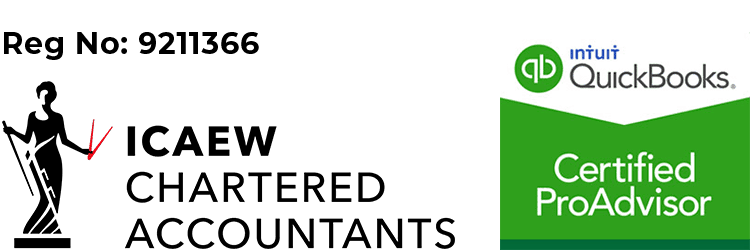What’s Next for Inheritance Tax?
02/10/2024
15 hours ago
Introduction
With the Budget on 30 October just around the corner, speculation is swirling around possible changes to inheritance tax (IHT). While nothing is certain yet, the Chancellor may introduce measures that could significantly impact how estates are taxed. Among the rumours are potential increases to the IHT rate, reductions in the nil rate bands, and even the introduction of capital gains tax on death.
So, what does this mean for you and your estate planning? Let’s explore the possibilities.
The Current State of Inheritance Tax
As it stands, inheritance tax is applied at 40% on the value of estates above £325,000—the current nil rate band. Married couples can double this threshold, and there’s an additional £175,000 available with the residence nil rate band, aimed at passing on property to direct descendants. Despite these allowances, IHT can take a significant portion of your estate if proper planning isn’t in place.
Potential Changes to IHT in the Budget
Although we won’t know the specifics until the Budget is announced, here are some of the changes being speculated:
1. Increasing the IHT Rate
There’s talk that the Chancellor might raise the IHT rate from its current 40% as a way to generate more revenue for the government. This would increase the amount of tax owed on estates, making it even more crucial to plan ahead and minimise tax exposure.
2. Reducing Nil Rate Bands
The nil rate band has been frozen at £325,000 since 2009, and some experts believe it could be reduced further or remain frozen for even longer, leading to more estates falling into the IHT net. The residence nil rate band could also face reductions, limiting relief for those passing on family homes.
3. Introducing Capital Gains Tax on Death
One of the more controversial possibilities is the introduction of capital gains tax (CGT) on death. Currently, when someone passes away, assets transferred to heirs receive a “step-up” in value, eliminating CGT on any appreciation that occurred during the person’s lifetime. This could change, potentially exposing estates to both CGT and IHT, resulting in higher overall tax bills.
How to Plan Ahead
While it’s uncertain what changes will come, it’s smart to start thinking about how to protect your estate. Here are some strategies to consider:
1. Gifting
Making use of annual gift allowances is one of the most effective ways to reduce your taxable estate. You can give away up to £3,000 each year without it being subject to IHT, and gifts made more than seven years before death can fall outside of IHT altogether.
2. Using ISAs
While ISAs are generally exempt from income tax and capital gains tax, they’re still subject to inheritance tax. One solution is to explore AIM ISAs, which can potentially qualify for business relief after two years, making them IHT-free upon death.
3. Planning for Capital Gains
If the introduction of CGT on death becomes a reality, reviewing your assets now could be beneficial. Selling assets gradually or moving them into tax-efficient vehicles, such as ISAs or pensions, may help reduce the future tax burden on your estate.
What Will the Chancellor Decide?
The big question remains—will the Chancellor opt for tax hikes or make subtle tweaks to reliefs? It’s possible that the Budget will aim to raise revenue by tightening IHT rules, but it’s also possible that certain reliefs, such as business or agricultural relief, could remain untouched. Whatever the case, it’s wise to keep an eye on the Budget and seek professional advice to stay ahead of any changes.
Conclusion
While the future of inheritance tax remains uncertain, the potential changes could have a major impact on your estate planning. Now is the time to consider your options—whether that means making gifts, rethinking your investment strategy, or preparing for the possibility of new capital gains taxes on death. By planning ahead and staying informed, you can ensure your estate is protected, no matter what the October Budget brings.
Get in Touch Today
Discover How Our Tailored Services Can Benefit Your Business
Let our experts provide the clarity and support your business needs to thrive. Whether you have questions or need tailored advice, we’re here to help.







